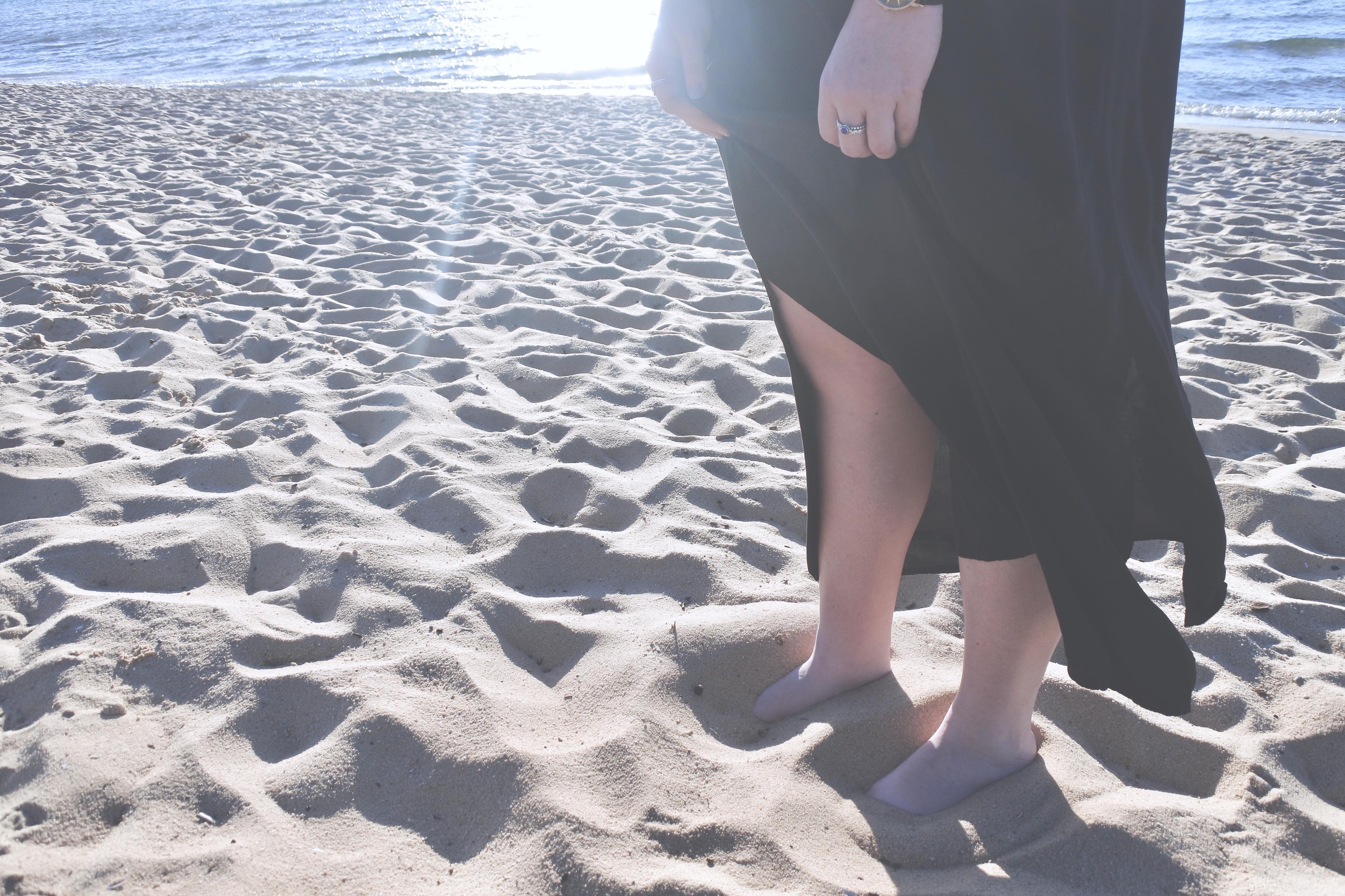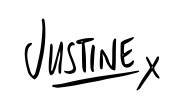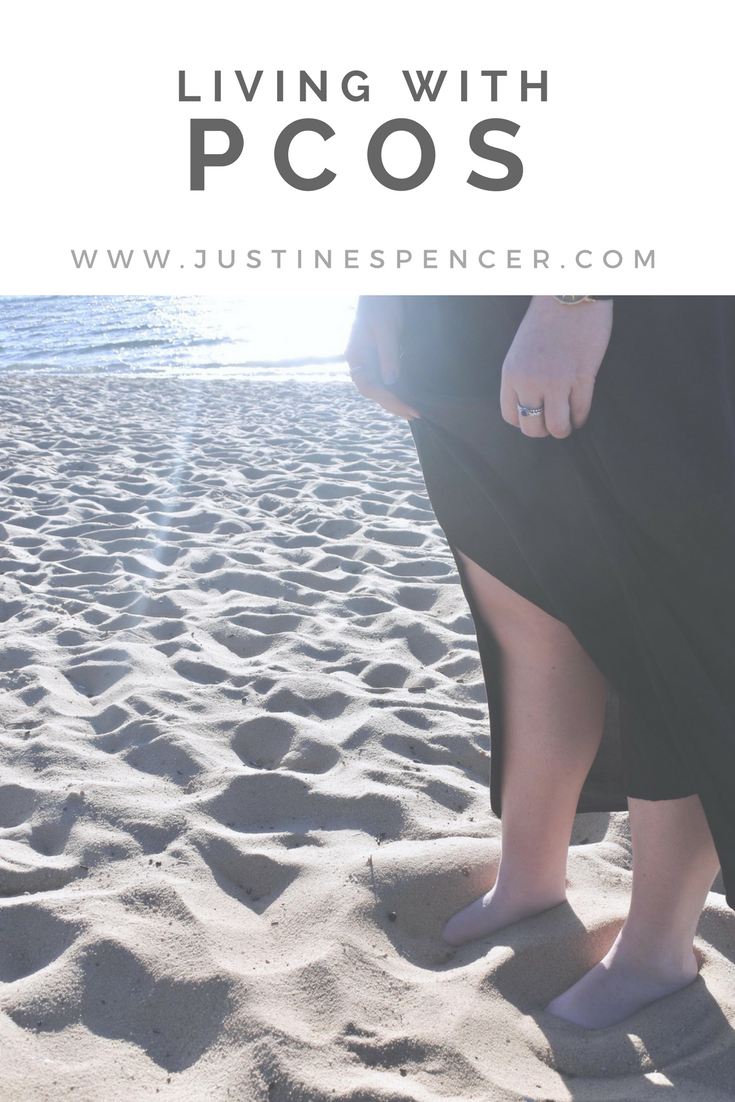
I’ve wanted to write about my journey with Polycystic Ovarian Syndrome (PCOS) for a while now, and even though it’s almost been five years since my diagnosis, I’ve always struggled to put the experience into words.
For those of you who have PCOS, you would know that there’s no easy way to explain the condition. I never know where to start. PCOS is a complex and varied disorder with an intricate nature and sometimes it can be very overwhelming.
While I still have moments where I struggle with my reality, over the course of time I’ve learnt to accept my body and its differences. My lifestyle isn’t always perfect (ice cream is waaaay too irresistible to complete abandon!) but I’m constantly working on my body and mind to ensure it’s healthy and happy.
Living with PCOS can be daunting. It can be frustrating. Painful. Upsetting. Debilitating. Exhausting. Restricting. Confusing. It’s many things. But the challenges PCOS poses makes us stronger in more ways than one. And without PCOS, we wouldn’t be the powerful and determined women we are today.
Before I jump too deeply into my experience, I’ll touch on the condition’s fluid definition, diagnosis and diverse list of symptoms.
Definition & Diagnosis
PCOS is a complex hormone condition with a changeable definition. Ultimately its definition depends on the symptoms that lead to diagnosis. And for diagnosis to occur, two out of the three symptoms have to be present:
- Abnormal menstrual cycles (oligomenorrhea, polymenorrhe or amenorrhoea)
- Androgen excess (hyperandrogenism)
- Polycystic ovaries
PCOS can be defined as “a set of symptoms due to elevated androgens in women”. But that definition isn’t relevant to woman who don’t suffer from hyperandrogenism. Similarly, the condition can be defined by the presence of ovarian cysts. Again, that definition isn’t applicable to those who don’t suffer from polycystic ovaries. Oh, and here’s the other thing: You can have syndrome and not have the polycystic ovaries. Likewise you can have polycystic ovaries but not the syndrome.
On top of its unfixed definition, it’s classification has been varied over the years. It was originally considered to be an infertility disorder by gynecologists Irving Stein Sr. and Michael Leventha, but as modern medicine has evolved it’s also been defined as an endocrine abnormality and metabolic disorder. In reality it’s all three but, like it’s definition, it ultimately it depends on your symptoms.
Symptoms
PCOS has an extravagant list of symptoms, however it is rare for a woman to encounter them all. From my experience, and by chatting to other PCOS pals, most woman will be familiar with around 5 of these symptoms:
- Excess production of androgens (also known as hyperandrogenism)
- Infertility or miscarriage
- Multiple cysts on the ovaries
- Irregular menstrual cycle (such as oligomenorrhea or polymenorrhea)
- No menstrual cycle (also known as amenorrhoea)
- Excessive menstrual bleeding
- Severe period pain (also known as secondary dysmenorrhea)
- Excessive facial and/or hair growth (also known as hirsutism)
- Male pattern baldness
- Scalp hair loss (also known as alopecia)
- Acne
- Mood swings
- Depression
- Anxiety
- Weight gain or obesity
- Sleep apnoea
- Insulin resistance
With such a large list of symptoms, every women with PCOS is going to have a different story to tell. Someone who suffers from amenorrhoea, hirsutism and depression are going to have a contrasting experience compared to a woman who has excessive menstrual bleeding, acne and alopecia.
To be honest though, it doesn’t matter what symptoms you have and how many you suffer from. Dealing with just one of the above symptoms requires an immense amount of mental, emotional and physical strength. Not everyone will understand the reality you have to cope with, and that’s okay. What’s most important is that you recognise the struggle you experience and endure every single day. Cause if you didn’t know it already, you’re an incredibly strong and powerful woman who can handle whatever’s thrown your way.
My Diagnosis
PCOS affected my life prior to my diagnosis in April 2013. As a teenager, I struggled with weight gain, irregular periods, anxiety, hair loss and sleep apnoea. I didn’t acknowledge most of these symptoms at the time because I thought it was all just a part of adolescence. What ultimately gave away my condition were my periods. After five years they’d never regulated.
Thankfully, my mum recommended a wonderful GP who’s knowledge about women’s health and has great initiative. Instead of just giving me a script for the pill and sending me on my way, she wanted me to take a blood test.
“There’s probably nothing wrong,” she assured me, “but it’s best to check. Just incase.”
Sure enough, my blood tests came back with hyperandrogenism. Along with my irregular periods, I had two out of the three symptoms to classify for PCOS. Again my doctor took great initiative and wanted me to have another blood test. This time it was for Insulin Resistance (IR), which affects 70% of PCOS sufferers. My results showed that I was a part of that 70%.
Because there’s so many unknowns with this condition, there was not much else my doctor could do other than to recommend that I lose 10% of my body weight. While I’m far from achieving that, it’s something I’m constantly working on.
My Experience
I’d be lying to myself if I said lifestyle didn’t play a factor in my PCOS. I’m totally owning up to that. But lifestyle doesn’t simply refer to what you eat and how much you exercise. It includes every aspect of your life, such as education, work, relationships and sleep.
You see, I’m a highly stressed person. I stress about stress. It’s actually reached a point where it’s turned into anxiety and I’ve regularly caught myself holding my breath and shaking. It gets that intense.
When humans are stressed, our bodies release a hormone called ACTH. This hormone then stimulates the production of cortisol in the adrenal glands. The presence of cortisol then triggers the release of glucose to prepare the body for fight-or-flight. But we’re no longer using that glucose to fight rival tribes or flee from predators like our ancestors did. Instead we’re sitting at our office desks, wishing we could flee from our glooming deadlines. Because we don’t use the glucose, our bodies then release the glucose-storing hormone insulin. Now if you’re insulin resistant like me, this mechanism doesn’t work because our cells don’t respond to insulin. Instead, the excess glucose gets stored as fat.
But cortisol isn’t the only hormone that’s released when one’s stressed. When ACTH is present, it also stimulates the production of DHEA-S, which is an androgen found in the adrenal glands. If stress becomes long-term or chronic, this triggers the production of even more androgens. We’ll see our weight increase, our skin worsen, our energy slump. Altogether they’re a disastrous cocktail that lead to even more stress.
If you’re in a similar boat to me, you’ve probably spent a number of years participating in rigorous exercise and dieting trying to minimise your PCOS symptoms. But to a certain degree, we’re actually making our PCOS worse. While we may be trying our damn hardest to balance a social life, a career and healthy lifestyle, we’re often creating a stressful environment for ourselves.
I often find myself in this vortex. Being a highly driven and motivated individual, I regularly take on more than my body can handle. Over the last year my life has drastically become more stressful. I’ve moved interstate and left behind my friends and family. I’ve started my first full time job in the ever changing advertising industry. I spend more time commuting to work than I do at home. As a result I have three hours (at best) to go to the gym, prepare meals, clean my home and relax. My life’s constantly in fifth gear and it’s taking a toll on my body.
Since my diagnosis, I’ve started to take a couple of other medications to help manage my PCOS symptoms. Last year, my doctor prescribed me Metformin to help manage my insulin resistance and a few months later I started an anti-depressant to manage my anxiety. While it adds a bit of pressure to my monthly finances, it’s worth it because both medications have helped my symptoms significantly.
In all honesty, I wasted a couple of years letting PCOS define who I was. I let it affect my confidence and self-worth, and it’s had a drastic impact on my self-love. But I’ve learned that I am more than the conditions I suffer from. And while PCOS will always throw me challenges, they’ll only make me stronger.


Ciao You are so interesting! I don’t think I have read something like this before. So nice to find another person with some genuine thoughts on this subject matter. Really.. thanks for starting this up. This website is one thing that is needed on the web, someone with a little originality! gracias